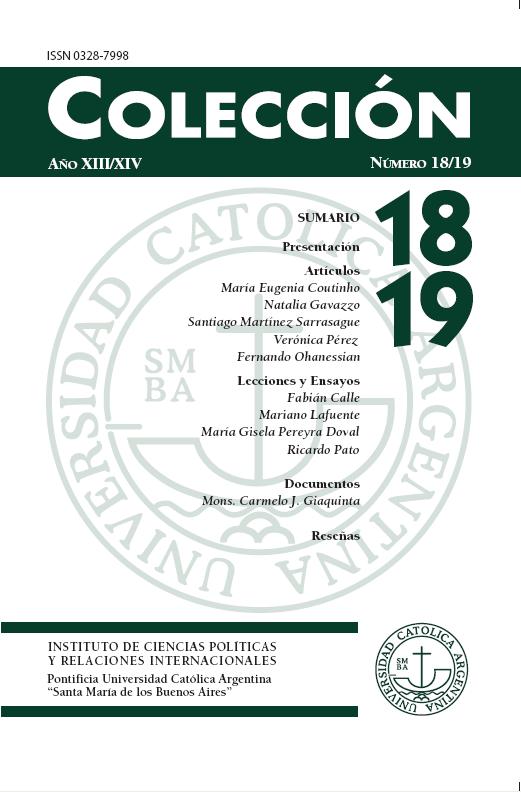Brazilian South American geopolicy in the XXI Century
Keywords:
Foreign policy, Lula, Brazil, United States, VenezuelaAbstract
The combination of material power critical mass, economic and political stability reached by Brasilia, as well as the existence of certain basic consents referring to foreign policy and security, seems to give Brazil roles and agendas of a regional power that begins to emerge slowly as a global actor. Brazil, taking advantage of its stability and, more recently, its economic growth, is developing an intelligent regional and international positioning strategy. It combines the traditional strategy of seeking a position of leadership without falling in threats or armed conflicts and one of articulating practices of consultation and cooperation with its multiple neighbors. Nevertheless, the current scenario presents some innovations as the intent to administer and to take advantage of the existence of the Revolución Bolivariana in Venezuela and the atmosphere of growing tension between Caracas and Washington.Downloads
Download data is not yet available.
Downloads
Published
2017-11-23
How to Cite
Calle, F. C. (2017). Brazilian South American geopolicy in the XXI Century. Colección, (18-19), 167–180. Retrieved from https://erevistas.uca.edu.ar./index.php/COLEC/article/view/811
Issue
Section
Lecciones y Ensayos
License











 Colección
Colección